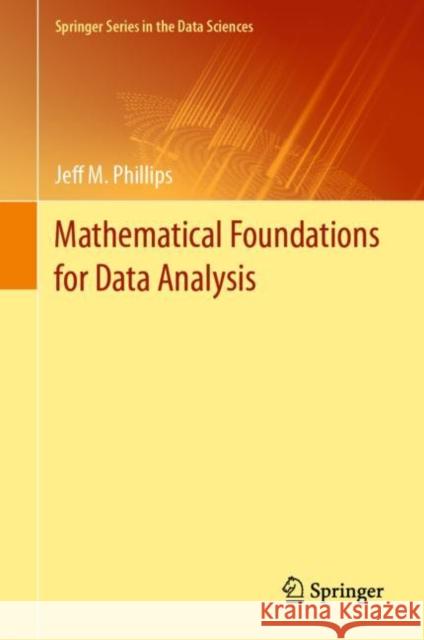Mathematical Foundations for Data Analysis » książka
topmenu
Mathematical Foundations for Data Analysis
ISBN-13: 9783030623401 / Angielski / Twarda / 2021 / 287 str.
Mathematical Foundations for Data Analysis
ISBN-13: 9783030623401 / Angielski / Twarda / 2021 / 287 str.
cena 242,07
(netto: 230,54 VAT: 5%)
Najniższa cena z 30 dni: 212,02
(netto: 230,54 VAT: 5%)
Najniższa cena z 30 dni: 212,02
Termin realizacji zamówienia:
ok. 16-18 dni roboczych.
ok. 16-18 dni roboczych.
Darmowa dostawa!
Kategorie:
Kategorie BISAC:
Wydawca:
Springer Nature Switzerland AG
Seria wydawnicza:
Język:
Angielski
ISBN-13:
9783030623401
Rok wydania:
2021
Wydanie:
2021
Numer serii:
000904336
Ilość stron:
287
Waga:
0.63 kg
Wymiary:
23.88 x 19.81 x 2.03
Oprawa:
Twarda
Wolumenów:
01











